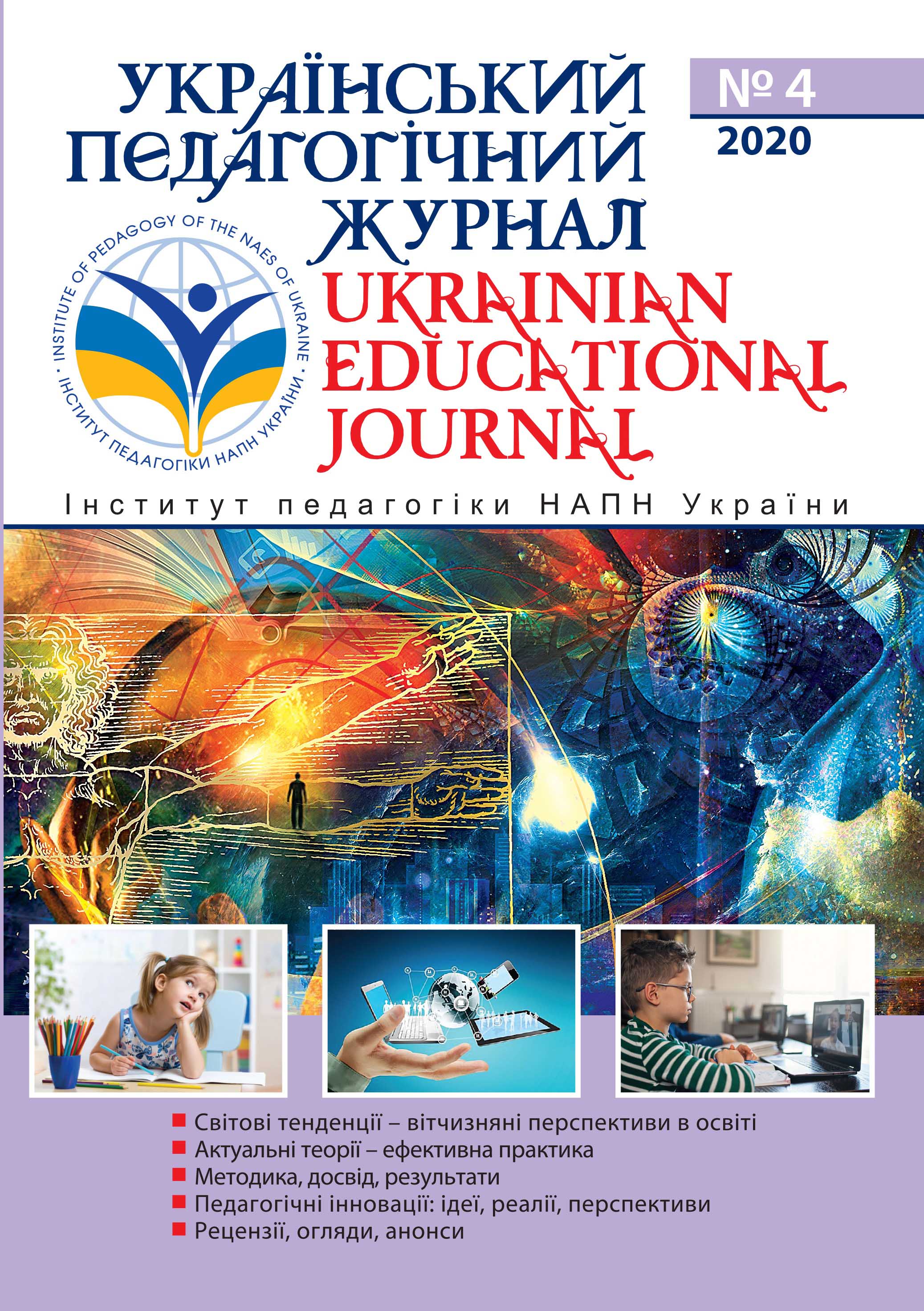Анотація
Стаття належить до сфери фундаментальних досліджень, у якій крізь призму напрацювань науковців та аналізу особливостей розвитку системи іншомовної освіти упродовж другої половини ХХ – початку ХХІ ст. обґрунтовано систему чинників, які мають визначальний вплив на розвиток змісту навчання іноземних мов. Ґрунтовному аналізу піддаються категорія “соціального замовлення”, а також роль міжнародних інституцій, які різнобічно підтримують співпрацю науковців у галузі підходів та методики навчання іноземних мов. Поряд із цими макрочинниками звернуто окрему увагу на зростаючу роль запиту особистості щодо задоволення її пізнавальних потреб та тенденцію до індивідуального педагогічного авторства, яка стимулює вчителів до створення власних дидактичних матеріалів. Оскільки метою навчання іноземної мови є формування особистості, готової до діалогу культур, акцентовано увагу на тому, що зміст навчання має конструюватися з урахуванням системи цінностей та соціокультурних маркерів, які характерні для народу – носія конкретної мови і культури.

Ця робота ліцензується відповідно до Creative Commons Attribution-NonCommercial-ShareAlike 4.0 International License.
Авторське право (c) 2020 Олександр Пасічник, Олена Пасічник

